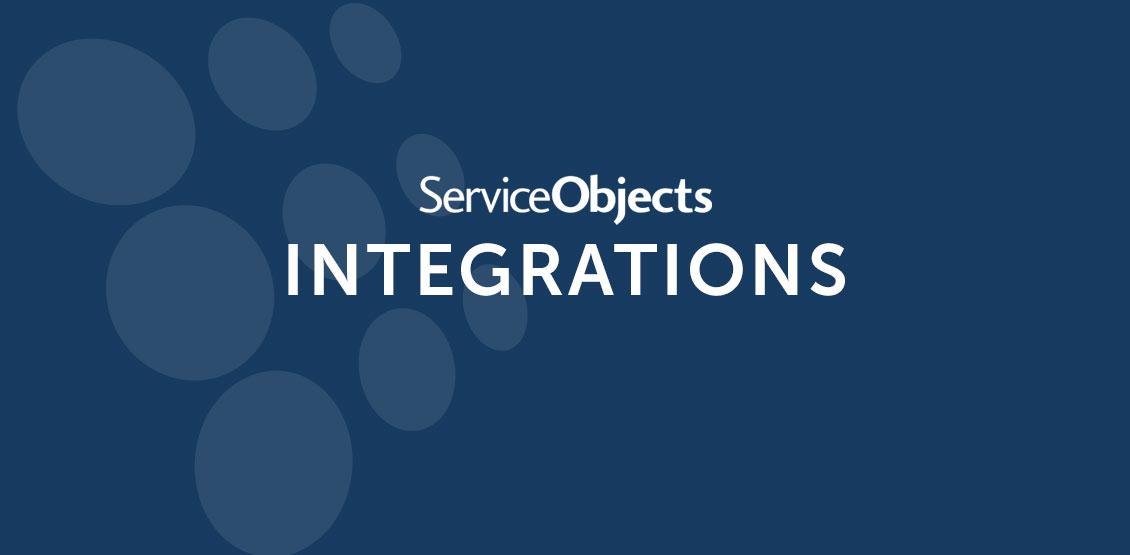As you likely know, telemarketing is subject to numerous laws and regulations, some of which can cost a company a lot of money if they don’t comply. For instance, the largest Do Not Call settlement to date resulted in a $7.5 million civil penalty payment. The Telephone Consumer Protection Act (TCPA) is the primary legislation impacting telemarketers. This act established the national Do Not Call registry in 2003 and has since been updated to address robocalls and mobile phones.
Since the updates, it’s not just the Do Not Call list that telemarketers need to be concerned with; telemarketers also need to steer clear of calling wireless telephones unless they have express written permission. Fortunately for telemarketers, data products exist that can help them comply with these regulations. Below are a few of the benefits of telephone data for telemarketers.
National Do Not Call Registry Compliance
The FTC makes Do Not Call registry telephone data available to telemarketers at its website. You must register with the national registry in order to view this data and import it into your dialing software. You must update your Do Not Call database every 31 days. Third party data providers also offer telephone data verification services to ensure that your database is kept current with the National Do Not Call registry as well as state registries and even the Direct Marketing Association’s Mail Preference Service Listing.
The Importance of Mobile Telephone Data Verification
While compliance with all applicable Do Not Call registries is an absolute must, these Do Not Call lists don’t necessarily address calling wireless phones — unless the wireless subscriber placed the wireless number of the appropriate lists.
With the Do Not Call list, people are expressly opting out of being called by telemarketers without consent. With wireless phones, they do not need to opt out. Rather, the telemarketer must have prior written consent before making robocalls or autodialed telemarketing calls to mobile phones. This FCC rule went into effect in late 2013. The tricky part for telemarketers is figuring out whether a phone number that’s not on the Do Not Call list is fair game or not. If it’s a mobile number, telemarketers need written consent.
So, how do you figure out if a phone number in your database is a landline or a cell phone? With telephone data from Service Objects. Not only can our various telephone data products validate phone numbers, they can also help telemarketers see whether a phone is a cell phone or a landline.
Use Service Objects’ phone validation APIs in conjunction with National and State Do Not Call lists to ensure that your database contains only those phone numbers that you can call without running afoul of telemarketing regulations.





